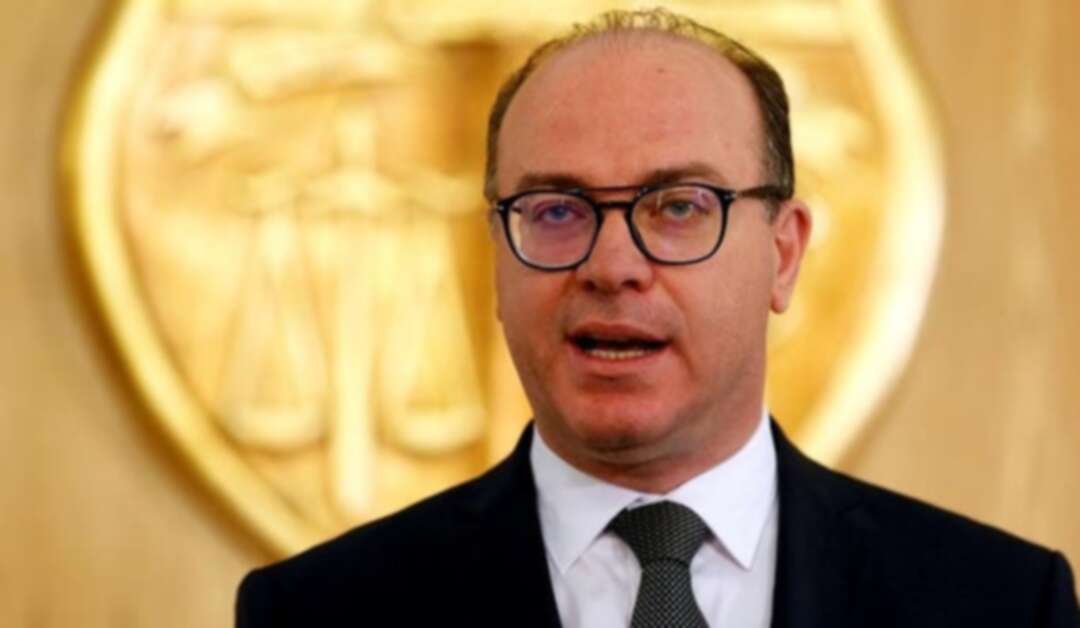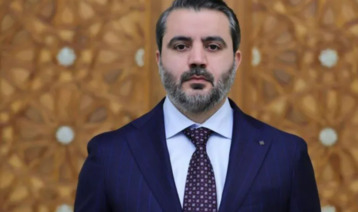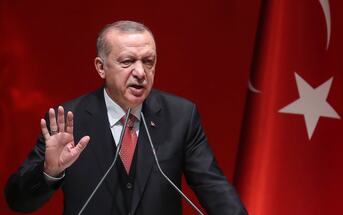-
Tunisia’s Ennahda rejects new government proposal

The biggest party in Tunisia’s parliament on Monday rejected the idea of a government that excludes other parties, adding that it was ready to contest another election.
The statement by the moderate Islamist Ennahda threatens to upend a second attempt to form a coalition government since elections in October, which fragmented the political establishment.
“We reject the government coalition being confined to some parties,” said Abd Karim Harouni a senior official of Ennahda, which has been part of recent unity coalitions that included most parties.
Ennahda’s nominee for prime minister failed to push his proposed government through parliament on January 10, allowing President Kais Saied to nominate his choice for premier, the former finance and tourism minister Elyes Fakhfakh.
Fakhfakh said last week he would not seek to replicate recent unity coalitions, but would instead build a cabinet only from those, including Ennahda, that was “aligned with the values of the revolution.”
Ennahda’s rejection of that proposal means Fakhfakh could struggle to assemble majority support in parliament, risking a new parliamentary election.
It points to a tussle for influence between Ennahda and Saied over the shape of the next government, analysts say, with the party’s rejection of Fakhfakh’s proposal showing its fear that he will overtake it as the major political force.
Although Ennahda, the best-established party in Tunisia and a key part of successive coalition governments, came first in October’s election with 53 of the 217 seats, its vote share declined from previous polls.
Saved won the second-round run-off vote of a separate presidential election in a landslide, but as an independent, he lacks a parliamentary base of his own.
Tunisia’s prime minister and government are primarily answerable to the parliament, but the president also has a veto over new legislation they introduce.
The second-largest party, Heart of Tunisia, whose leader was defeated by Saied in the presidential election, but which is also an opponent of Ennahda, was one of those which Fakhfakh ruled out of joining the government.
It said his decision contradicted the will of voters and accused Saied of seeking to seize powers and move towards a presidential system of government.
Ennahda’s Harouni said all parties needed to be in the government to make it strong enough “to deal with major challenges and carry out necessary reforms.”
source: Reuters
Tags
You May Also Like
Popular Posts
Caricature
Syrians' concerns now
- December 10, 2024
Syrians' concerns now #Syria
#Bashar_al-Assad
#Liberation_of_Syria
#Syrians
#Future_of_Syria
#Levant_News

opinion
Report
ads
Newsletter
Subscribe to our mailing list to get the new updates!





















